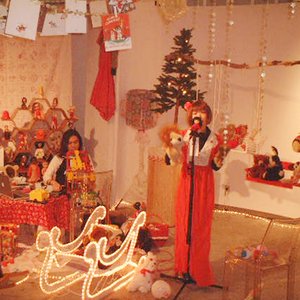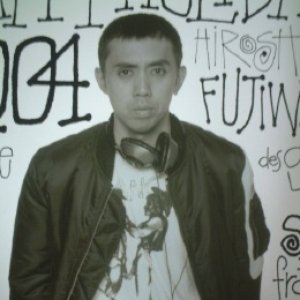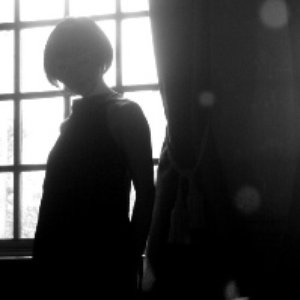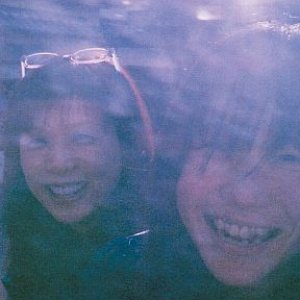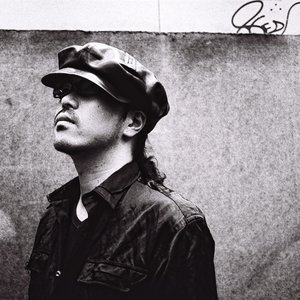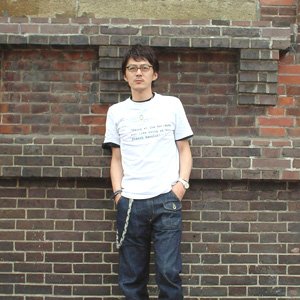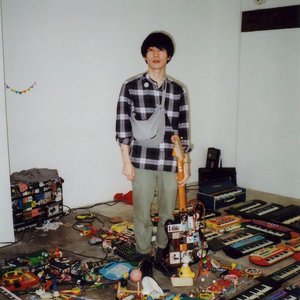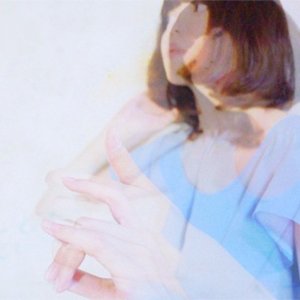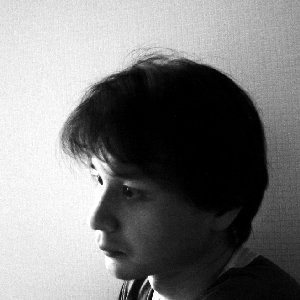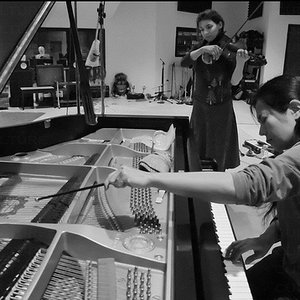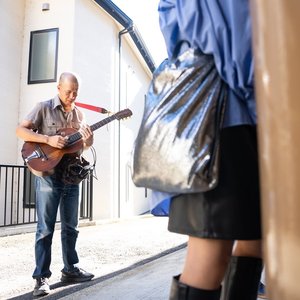Biography
-
Born
11 July 1963
-
Born In
Tokyo, Japan
-
Died
12 February 2020 (aged 56)
Mami Chan (Mami Sato) was a Japanese electronic ambient musician, pianist, songwriter and sound artist from Japan. She studied piano at the Kunitachi College of Music in Tachikawa, Tokyo, and later moved to Caen, France in 1993 after briefly staying in the United Kingdom. In France, Mami Chan spread, composed, and participated in the construction of what she called «l’underground joyeux», or 'the happy underground'. She defined her synchronization of musical geographies and genres as "collaborative, inspiring, inventive' and 'attentive to old and young souls, often at the same time'. The creative direction of her work involves the usage of toy pianos, cryptographic sound, and a rhythmic mixture of children's music and mature themes, often superimposing the two to create aesthetic distance and twee electronic peculiarity.
In Mami Chan's youth she studied piano from her childhood to the conservatory. She experienced mostly frustration during her initial forays into music - she later recounted that she still however, adored her Schumann, Satie, and Chopin, even more than Bowie or his favorite Japanese singer when she was little, Doji Morita. She later told the magazine France Culture in 2002 that Satie had inspired her to "play Chopin etudes in the forest"; it was her dream in Japan to "have total fun with her instrument", which she thought was impossible in the oppressive environment of the conservatory. Music was taught to be too rigid, too severe, and altogether too orthodox for her tastes. So, the gifted pianist gave up everything, competitions, schools, even rebelling against her beloved instrument, delving completely into the countercultural school of Kokubunji for "work in anything, as a waitress, saleswoman, lounge pianist in creepy bars", before settling on emigration as a final escape.
She first thought of Russia, on the advice of her father (a communist and trade unionist) before setting her sights on London where she lived for approximately half a year. She became passionate about the music of Slowdive and The Jesus & Mary Chain; and after a detour through Kyoko she reached Paris where she established herself in 1993 despite not knowing a word of French. Surviving by giving piano lessons and playing in the subway initially, primarily via her interest in the melodica and toy pianos she ended up meeting Emiko Ota (another pianist emancipated from a overly strict musical education). Emiko played in OXZ, one of the first new wave all girl bands in Japan. She later met Pierre and Atsuko Barouh (who tried in vain to convince a young Mami to become a composer rather than a musician); it was thanks to the Barouh family that she would later be able to release her first album, Onomatopée, on the same record label as Brigitte Fontaine. A later characterization exclaimed that Mami shared "un sens aigu du surréalisme, la dissonance comme une évidence, et surtout une douce, si douce cruauté" - a keen sense of surrealism, obvious dissonance, and a sweet, so sweet cruelty to her music in comparison with other north western French acts.
Mami Chan first debuted her voice with the Mami Chan Band, a multinational experimental pop project composed of punk adjacent artists who prided themselves on creating feeling through music, from childish terror to vivid agitation. The Mami Chan Band was originally formed by Andrew Sharpley (a key figure in experimental Paris and a situationist electronics engineer) and his friend Emiko Ota. Mami Chan Band stood out in a sea of early experimentalist Parisian music acts, of which included the French duo Dragibus, Philippe Katerine, and other performers on the Parisian experimental music label Rectangle. Mami Chan Band's work revolutionized the early experimental scene through the transformative interplay of sound across multiple languages, even lapsing into a Dénudé-esque blend of French and Japanese, with most live recordings dating between 1999 and 2001.
Mami Chan enjoyed France because of "everything Japanese influenced and cute", and she especially took advantage of the early 90s craze to thwart expectations. On stage with the Mami Chan Band her performances were described as a whirlwind of melodious turns, often including seductive poses and screaming. She released in album in 1999 on her label APC called 'la Nuit de pollen', which was full of 'poisonous melodies, perverse diversions, and impromptu electronic noises'. She appeared alongside Dragibus (often embracing the role of the diva or squeaky operetta and sometimes that of a mothering lullaby singer). In her later life and performances she performed in duo with Luc Jolivet (aka Norman Bambi or Carton Park), alongside a multimedia quartet formed with Gangpol und Mit with whom she designed shows for children.
Her later life and performances pivoted more remarkably towards children. She opened Ponpoko, a children's store near Orbec (a store containing <merdouilles> or knickknacks for children). Ponpoko was used as a theatrical performance center where she would combine Satie with humorous and sweet electropop. She made the decision of her life in her own way despite the constrictions of her childhood. She left many friends behind after a long and cruel illness, dying in January of 2020 at the age of 56.
Mami spread her energy and joy through different formations that appealed to the elder and younger public alike. Mami Chan Band (or Rock, ponk, like she used to say), Juicy Panic, and Gangpol und Mit (electropop sweet dynamic with certain projects for children such as Carton Park) and toy music (Ponpoko) defined her long ranging dedication to the craft of sound: she is remembered for her love of the fun and false simplicity of Erik Satie, and her eternal dedication to the people and neighborhood in which she lived her life.
Artist descriptions on Last.fm are editable by everyone. Feel free to contribute!
All user-contributed text on this page is available under the Creative Commons Attribution-ShareAlike License; additional terms may apply.
